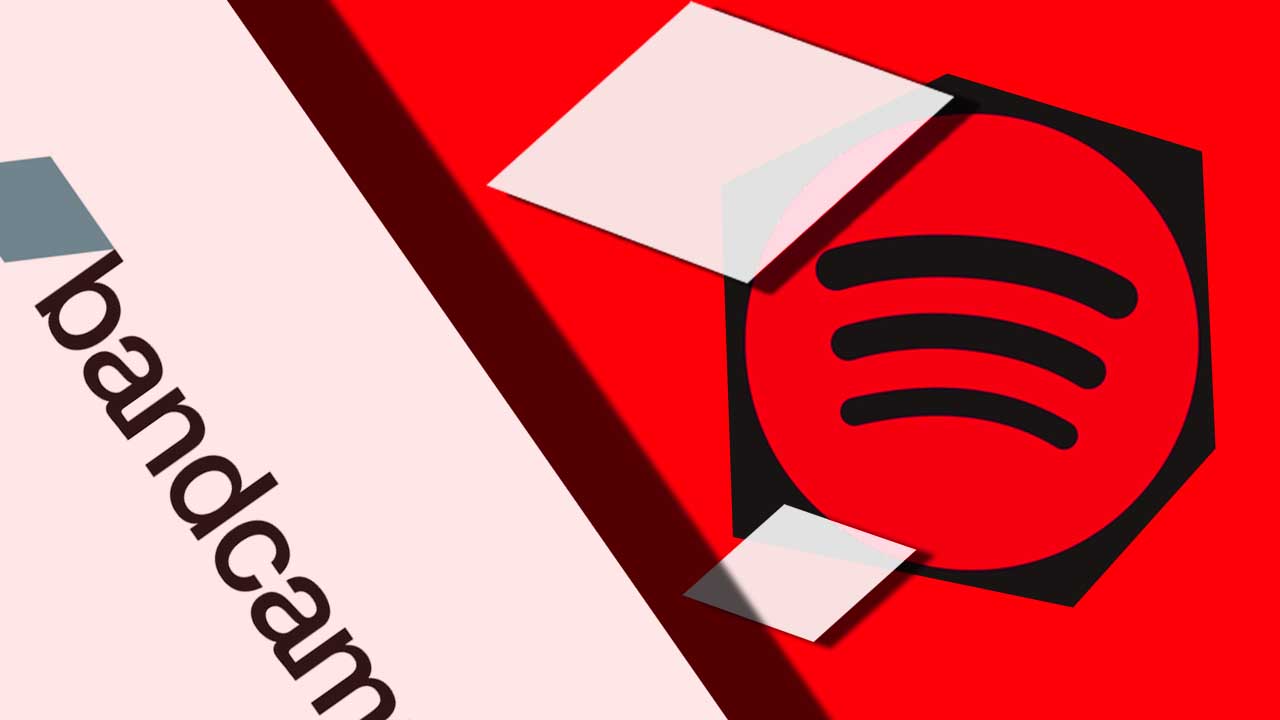Bandcamp: Mangoprism 2020 Person Of The Year
The music streaming model is broken. Bandcamp offers a better way to consume music and support artists

When I accidentally deleted my 15,000-song MP3 library six years ago, there was only one logical rebound: Spotify, the music streaming platform that offered instant access to millions of songs and the promise that such a tragedy would never again befall me.
Since then, Spotify has become a Death Star, a streaming titan with 320 million global subscribers, a 36% market share (double any of its competitors), and an obscenely low payout rate that hovers around four tenths of one cent per stream—among the industry’s worst. The Swedish company is not yet profitable, but it is powering the music industry’s recent resurgence. According to the RIAA, revenue from recorded music in the United States increased by double digits every year between 2015 and 2019; in that span, the proportion of streaming revenue ballooned from 34% to 80%.
Still, it has become increasingly apparent that the streaming model is fundamentally broken as a way to fairly compensate artists for their work. By restricting artist revenue streams, most notably touring, the COVID-19 pandemic has cast a light on how little working musicians actually receive from streaming royalties. In May, the popular British classical violinist Tasmin Little (monthly listeners: 848K) tweeted that she had received £12.34 for half a year’s worth of Spotify streams. Earlier this month, the moderately successful rap trio clipping. (monthly listeners: 341K) tweeted, “this was the first quarter as a band where our Spotify royalty payments totaled about as much as our three personal Spotify subscriptions.” Last month, Spotify announced yet another mechanism for fleecing musicians: “Discovery Mode,” which offers lower royalties in exchange for an algorithmic boost.
By contrast, Bandcamp, the music marketplace geared towards indie acts, has gone out of its way to support artists in 2020. Beginning in late March, the company waived its revenue share on one day each month; these “Bandcamp Fridays” considerably raised Bandcamp’s profile and generated $40 million in sales that went directly to artists and labels. Bandcamp recently announced that it will continue the program through at least May 2021.
Even before this year, Bandcamp had earned a reputation for being artist friendly. Organized around MP3, physical media, and merch sales, the company takes a 10-15% revenue share and pays out within 24 to 48 hours. (For some perspective, iTunes took 30-35% and licensed music rather than sold it.) Its editorial site, Bandcamp Daily, is the internet’s best discovery-minded music publication; I can attest that they pay writers well (40-45 cents per word.)
Bandcamp’s actions this year to assist musicians weren’t extraordinary, but they were significant because they helped to put the abject failures of the streaming model in sharp relief. Part of the reason per-stream royalties are so hard to pin down is that artists aren’t actually paid per stream on Spotify and other streaming platforms, but rather receive a minuscule, proportional slice of a predetermined royalty pie. This is tyranny. Bandcamp is proof that there is a better way to pay artists for their labor.
The truth is that the Bandcamp model can benefit consumers as well as artists. There is a difference between streaming a song and listening to that same song in the form of an MP3, FLAC, vinyl, or CD that you bought. I believe that rebuilding my digital and physical music library over the course of the coming years and decades will give me a more meaningful relationship with both the music and the artists that made it. Last week, I pulled the plug on my Spotify premium subscription. For now, I’m a free agent.
Streaming is broken, but it can theoretically be fixed in a way that works for artists. TIDAL and Napster respectively pay about three and five times more per stream than Spotify. Resonate, a musician-owned co-op that cuts out the middleman and employs a pay-to-play concept, shells out 50% more per stream than Spotify. Entertainment lawyer Henderson Cole conceived the idea for a socialized streaming platform called the American Music Library, “a government-controlled music streaming service that anyone can access for free, similar to the public library system.” These are legitimate, ambitious ideas. For now though, Mangoprism is declaring Bandcamp its 2020 Person of the Year: for doing its duty to help musicians get paid during the pandemic; for valuing financial transparency and fairness; for showing that there is a viable alternative to streaming; and for laying the foundation for a significant and necessary cultural shift in the way musicians transact with their fans. ▩
Runners-up: Pop Smoke; BFB Da Packman; Ted Allen; Michaela Coel; the All Gas No Brakes guy.